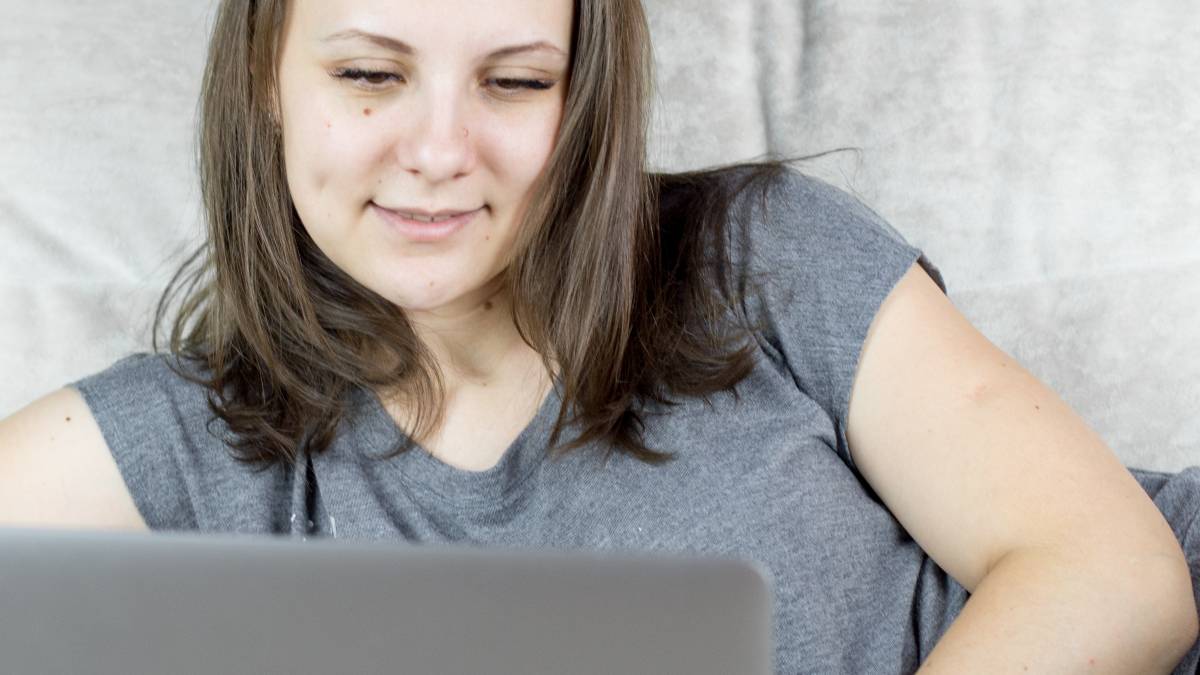
2 Reasons To Adopt A 'Bare Minimum Monday' Philosophy
Explore how a mindful minimal philosophy can be your antidote to the Monday morning slump.

By Mark Travers, Ph.D. | October 2, 2023
Hustle culture, riddled with phenomena like the "Sunday scaries" and "Monday blues," is making it increasingly difficult to balance work, personal life, or self-care. The relentless pressure to consistently perform at our peak can leave us feeling exhausted, fatigued and overwhelmed.
According to a recent article by LinkedIn and Headspace, almost 75% of employed Americans report feeling anxious about the upcoming work week on Sundays, highlighting a need for solutions that can transform this anxiety and stress into more productive habits.
In another 2021 YouGov poll involving 4,000 respondents, 58% expressed their dislike for Mondays, exposing a gap that a workplace trend like "Bare Minimum Monday" could effectively fill.
TikTok creator Marisa Jo Mayes popularized this trend after consistently feeling stressed on Sundays and perpetually behind schedule every Monday morning. She often felt guilty and unproductive when she couldn't complete her extensive to-do list. In one of her videos, she stated, "I initiated this because I was putting too much pressure on myself, which made it difficult for me to achieve anything."
In essence, Bare Minimum Monday is a response to the evolving dynamics of work. It promotes a balanced approach that acknowledges the importance of well-being alongside productivity.
Here are two compelling reasons why embracing this trend can transform not only your Mondays but also your perspective on productivity and intelligent time management.
1. Make Your Week A Slow Burn, Not A Short-Fuse
Mondays are notorious for inducing stress and anxiety as we jump back into the work week. Adopting the Bare Minimum Monday concept allows for a deliberate slowdown and the allocation of time for self-care. Much like the idea of having slow leisurely mornings, this trend allows individuals to ease into the week rather than plunging directly into stressful tasks immediately, thus reducing anxiety.
As stated in a CNBC article, Mayes dedicates the initial two hours of her Monday to activities that set the tone for the week.
"For the first two hours, I avoid meetings and take it slow," Mayes shared with Insider. "This time is spent reading, journaling or doing household chores. It's two hours of technology-free period — no emails — just doing whatever makes me feel good about starting my day."
The rest of her day, typically three hours, is spent on essential tasks that can be easily and comfortably managed on a Monday.
A primary motivation for embracing this trend, then, is to check in with oneself before diving into the work day. A slow beginning to the work week can ensure that you are able to expend your energy sustainably throughout the week instead of starting in overdrive and burning out in the middle.
Whether it involves practicing mindfulness, indulging in a long bath or simply savoring a leisurely breakfast, this intentional self-care approach sets a positive tone for the week ahead.
For instance, a 2022 study explained how incorporating a simple stroll through nature and green spaces during the week can do wonders for your mood and sleep quality, regardless of one's stressful environment.
Embracing this trend, therefore, not only eases the Monday blues but also leads to a healthier and more balanced approach to work and life.
2. A Monday Recharge Lasts The Whole Week
The Bare Minimum Monday philosophy may seem like a self-indulgent practice that leads to unproductivity, at least to the naysayers. However, when done right, a bare minimum Monday can actually boost work performance by effectively addressing burnout and enhancing concentration.
Mayes, who spearheaded the trend, revealed her personal experience to The New York Post, noting that she used to begin her Mondays feeling burned out and unproductive.
Frustrated by her perceived lack of productivity, she would create extensive to-do lists in an attempt to compensate.
Mayes experienced a positive transformation when she adjusted her Monday expectations, finding that this shift actually increased her overall productivity. Recent research findings corroborate this effect. For instance, a 2021 study tracking Swedish workers over a ten-year period revealed that reduced working hours were associated with lowered stress, reduced exhaustion and fewer negative emotions, while a 2017 study demonstrated that a 25% reduction in working hours led to improved sleep quality and decreased stress levels.
As the world slowly moves towards healthier workplace practices like the four-day work week, it makes sense for us to question the arbitrary ways we choose to organize and stack our tasks and evaluate if they are truly serving us or not.
If a gentle, more mindful Monday is what you need to power through the rest of the week at a 100%, then the Bare Minimum Monday experiment deserves a shot. More hours of work do not always equate to more output. The sooner we realize this truth, the closer we get to a system that works for us.
Conclusion
In a culture focused on productivity, achieving work-life balance is an ongoing challenge. But trends like 'Bare Minimum Monday' prompt us to reevaluate our priorities. Research shows that flexible job arrangements, like easy Mondays, can reduce burnout and increase job satisfaction. While companies may be slow to embrace this shift, individuals can take the initiative on the personal front. Adopting Bare Minimum Monday is not about mediocrity, but striking a balance.
